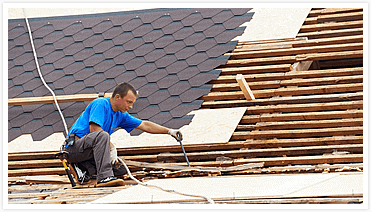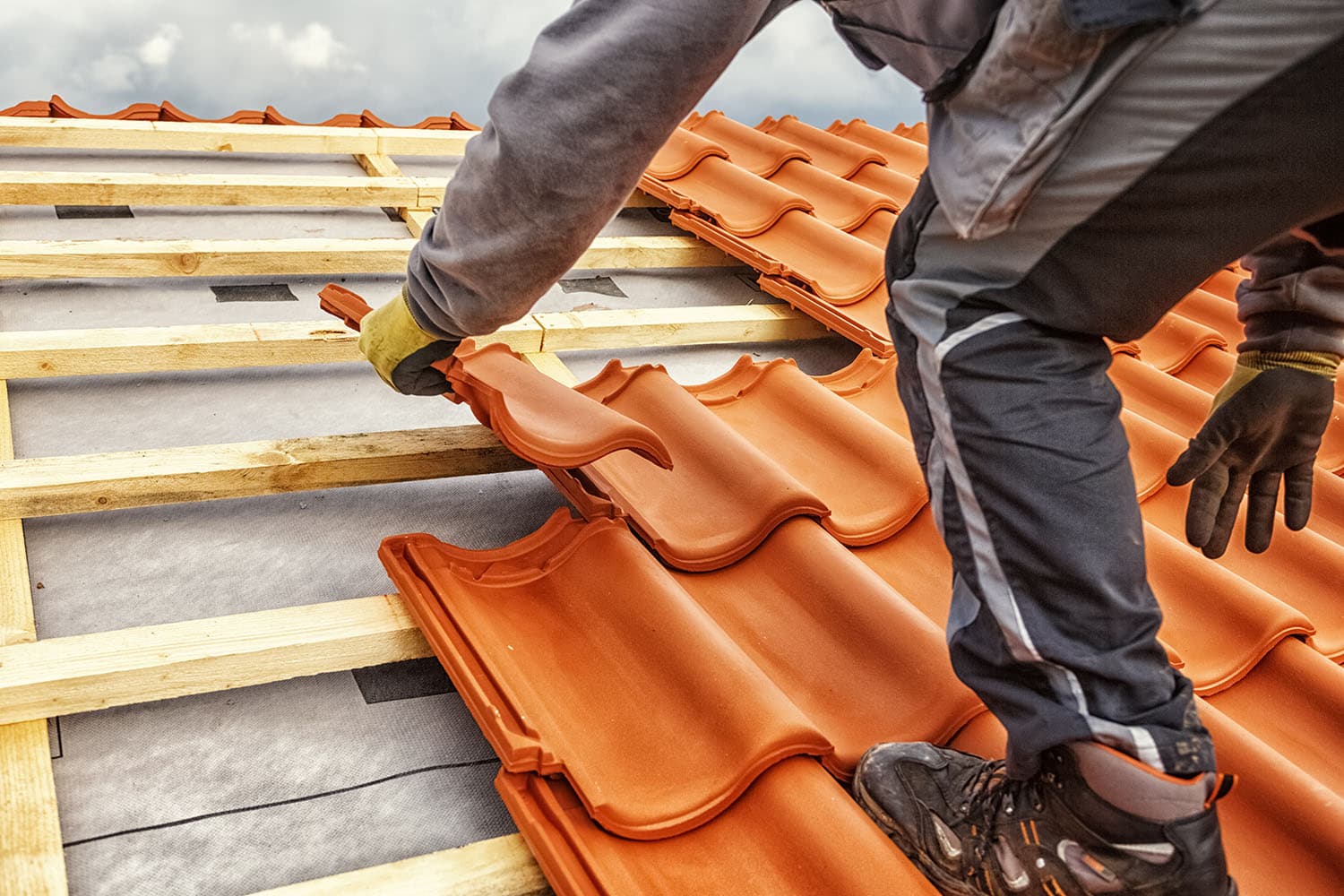Get a trusted Sylvania Roofing Contractor for premium roofing solutions.
Just How to Review Different Roofing Options for Your Building Needs
Reviewing roof options for your structure needs a comprehensive strategy that thinks about various variables such as the meant usage of the framework, neighborhood environment conditions, and product attributes - Sylvania Roofing Contractor. It is essential to consider the advantages and disadvantages of different roofing types, from asphalt tiles to steel and clay tiles, while additionally factoring in initial prices and lasting upkeep.
Examining Your Building's Needs
To properly examine roofing options, begin by completely assessing your structure's demands. Start by taking into consideration the building's meant usage, as different frameworks may necessitate differing roofing specifications. Residential roofings often focus on appearances and insulation, while business structures might focus on longevity and load-bearing capacity.
Following, evaluate the local environment problems that will impact roofing performance. Variables such as temperature level fluctuations, precipitation degrees, and wind patterns can influence product option and layout. A roof covering system that succeeds in a temperate climate might not carry out too in areas prone to heavy snowfall or severe warmth.
Furthermore, analyze the architectural stability of your structure. Make sure that the existing structure can sustain the picked roofing materials, especially if considering larger options. It is additionally critical to review any kind of local building regulations or policies that might dictate particular needs for roof systems.

Contrasting Roof Covering Products
As soon as a comprehensive evaluation of your building's requirements has been completed, the next step includes contrasting different roof covering materials. Each material provides unique advantages and disadvantages, making it vital to align your choice with your certain requirements and scenarios.
Asphalt shingles are extensively recognized for their price and ease of setup, making them a prominent alternative for household structures. On the other hand, metal roofing, known for its durability and durability, can hold up against severe climate condition yet might come with a higher initial investment.
Clay and concrete tiles offer excellent thermal insulation and aesthetic allure, especially for Mediterranean-style design, yet they call for an even more durable architectural support as a result of their weight. Wood drinks deal a natural appearance and great insulation buildings but may demand a lot more upkeep and are at risk to fire hazards.
Examining Price and Spending Plan
Analyzing your roof choices demands a cautious analysis of cost and budget plan factors to consider. The total budget plan for a roofing project consists of a number of factors, consisting of material expenses, labor costs, maintenance, and possible lasting financial savings. It is necessary to establish a clear spending plan prior to discovering specific roof covering materials, as this will direct the decision-making process and assist you prevent overspending.
Begin by obtaining quotes from numerous professionals to recognize labor prices in your area. Make sure that these estimates include all required solutions, such as elimination of the old roofing, setup, and any kind of extra features, like insulation or ventilation enhancements - Toledo Roofer. Next click resources off, assess the expense of different roof covering materials, thinking about both preliminary installment expenses and expected life expectancy

Recognizing Energy Effectiveness
Power efficiency plays a vital function in the choice of roofing materials and systems, significantly affecting both power usage and total comfort within a structure. An appropriate roofing system can boost thermal performance, decreasing the demand for heating and cooling down systems, which subsequently decreases power bills and minimizes environmental impact.
When evaluating roofing options, consider materials that show rather than absorb heat. In addition, appropriate insulation and ventilation are necessary to enhance the power efficiency of the entire roof covering system.
One more important factor is the roof's durability and maintenance demands. Resilient products that require less regular substitute add to long-lasting energy savings. Furthermore, the energy efficiency of a roof can also be evaluated through its conformity with recognized sustainability rankings such as ENERGY STAR or LEED.
Thinking About Visual Appeal
A roofing system's visual allure dramatically affects the overall look of a structure, complementing its building design and improving curb charm. Toledo Roofer. When reviewing roofing options, it is necessary to think about exactly how the selected product, shade, and layout will certainly harmonize with the existing framework and area. A well-designed roofing system can elevate also the most basic of structures, transforming them into visual prime focus
Various roof materials supply different aesthetic top qualities. For example, standard shingles may stimulate a traditional appeal, while steel roof covering can give a modern, smooth look. Additionally, the shade of the roof material plays a crucial function; lighter tones can make a structure show up even more spacious, while darker tones may create a cozier ambiance.
In addition, architectural aspects, such as dormers and eaves, can enhance the roof's visual influence. It is a good idea to seek advice from with specialist designers or engineers to make sure the selected roof covering choice aligns with the general style intent. Eventually, a roofing needs to not only give practical benefits but also add favorably to the structure's aesthetic, showing the proprietor's taste and the personality of the surrounding environment.
Conclusion
